If someone sat you down and asked you to explain cryptocurrency, what would you say? If you’re not sure, but imagine you might be able to come up with something vague that sounds credible, you’re in good company. Most normal people probably don’t have a working understanding of cryptocurrency, or its underlying blockchain technology. Fortunately, this episode of the Freakonomics podcast can help you remedy that problem by layering explanations with stories, and use cases with expert interviews.
New technologies often go through peaks and valleys on their way to mainstream adoption: Blockchain is no different.
When you say blockchain, people tend to think of bitcoin. So when bitcoin lost two-thirds of its value in a matter of months, some thought it might mean the end of blockchain technology. But that verdict is reminiscent of the naysayers who suggested the internet was worthless in the aftermath of the early 2000s dot-com bubble. New technologies rarely take a straight path to mainstream adoption, and like the internet, blockchain technology is too promising to fade into obsolescence.
But what is blockchain? If you’re not sure if you could give a decisive definition, you’re not alone. Most people would also struggle to explain blockchain’s uses beyond the wildly fluctuating crypto market. And for many, blockchain already seems suspect because black-market transactions are one of its few well-known use cases. But blockchain technology still has enthusiastic supporters who claim that it’s not a fad, nor is it just a new, wildly speculative asset class. Instead, they suggest that in the future, it will change the way people do almost everything. In fact, the...
The Freakonomics podcast is created and hosted by University of Chicago economist Steven Levitt, and New York Times journalist Stephen J. Dubner, based on a book of the same name. Freakonomics radio has expanded to include the podcasts No Stupid Questions; Freakonomics MD; and People I (Mostly) Admire.









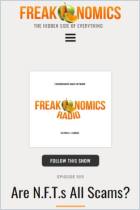
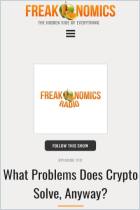

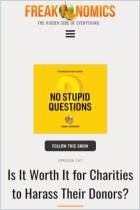





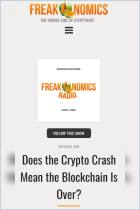
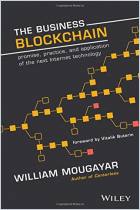
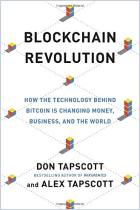

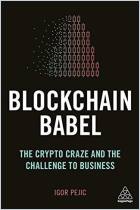
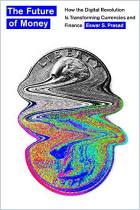



Comment on this summary or 开始讨论